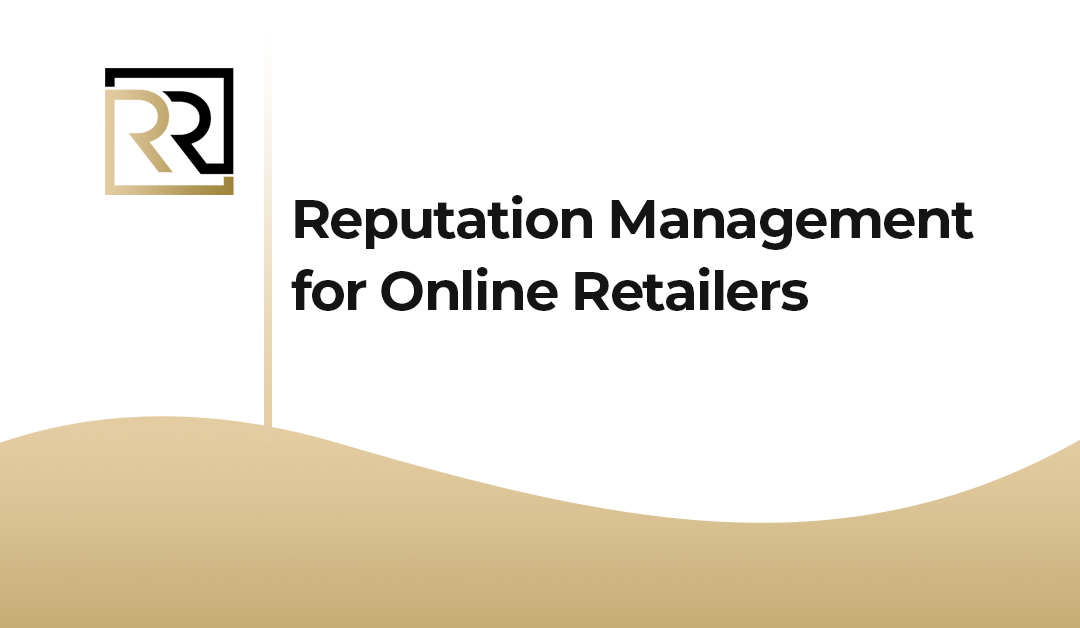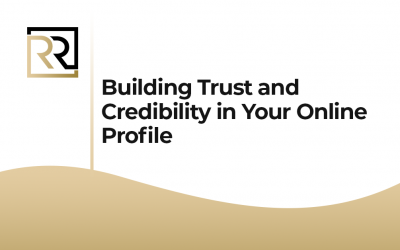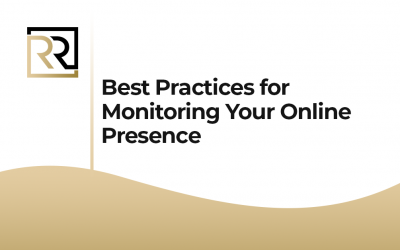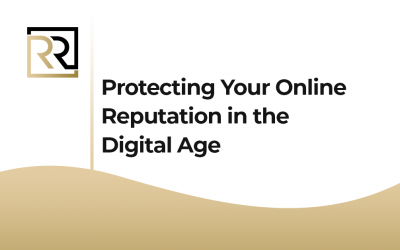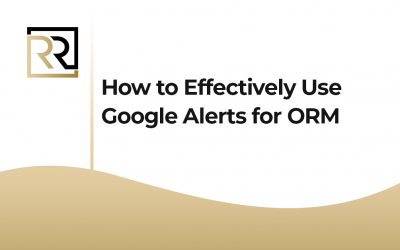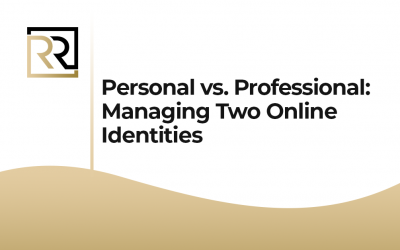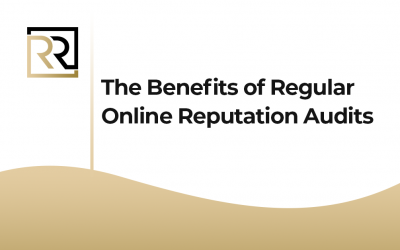Reputation Management for Online Retailers
Further, in the fast-paced world of e-commerce, building and maintaining a positive online reputation is paramount to success. Thus, with countless options available to consumers, a retailer’s reputation can make or break their business. Furthermore, effective reputation management for online retailers involves proactive strategies to enhance trust, credibility, and customer satisfaction. Hence, in this guide, we’ll explore essential strategies and best practices for e-commerce businesses. Consequently, this is to manage their online reputation effectively and thrive in the competitive digital landscape.
Take care of your corporate reputation management with us.
Reputation Management for Online Retailers: Essential Strategies
1. Monitor Online Feedback Channels
The first step in reputation management for online retailers is to monitor feedback channels diligently. For example, this includes customer reviews on your website. Additionally, third-party review platforms are also monitored, like Yelp and Google My Business, social media comments, and forums related to your industry. Besides, by staying vigilant and responsive to customer feedback, you can address issues promptly, and demonstrate your commitment to customer satisfaction.
2. Provide Excellent Customer Service
Secondly, exceptional customer service is the cornerstone of a positive online reputation. Therefore, prioritize responsiveness, transparency, and empathy in all customer interactions. This can be through live chat support, email correspondence, or social media engagement. Besides, by going above and beyond to address customer concerns and exceed expectations, you can foster loyalty and build a stellar reputation for your e-commerce brand.
3. Encourage Genuine Customer Reviews
Further, authentic customer reviews are invaluable assets for online retailers. Moreover, encourage satisfied customers to leave reviews by sending follow-up emails post-purchase. Also, offer incentives for feedback, or feature customer testimonials prominently on your website. Overall, genuine reviews not only provide social proof of your product or service quality, but also contribute to higher search engine rankings, and increased trust among potential customers.
4. Monitor and Respond to Negative Feedback
Generally, negative feedback is inevitable in the world of e-commerce, but how you respond to it can make all the difference. Therefore, when faced with negative reviews or comments, resist the urge to ignore or delete them. Instead, respond promptly and professionally, acknowledging the customer’s concerns and offering solutions to address their issues. Thus, transparent and empathetic communication can turn a negative experience into a positive opportunity to showcase your commitment to customer satisfaction.
5. Build a Strong Social Media Presence
Furthermore, Social media platforms are powerful channels for engaging with customers and shaping brand perception. Therefore, maintain an active presence on popular platforms. These may include Facebook, Instagram, Twitter, and LinkedIn, sharing relevant content. Accordingly, engage with followers, and respond to messages and comments promptly. What’s more, by fostering meaningful connections and interactions on social media, you can humanize your brand, therefore building a loyal community of customers and advocates.
6. Implement Reputation Management Software
Overall, consider investing in reputation management software to streamline the process of monitoring and managing your online reputation. Moreover, these tools offer features such as review tracking, sentiment analysis, social media monitoring, and competitor analysis. This will provide valuable insights into your brand’s reputation across various online channels. Besides, by leveraging reputation management software, you can identify trends, detect potential issues, and take proactive measures to protect and enhance your online reputation.
7. Optimize Your Website for Search Engines
Generally, search engine optimization (SEO) plays a crucial role in shaping your online reputation and visibility. Therefore, optimize your website content, product descriptions, meta tags, and images with relevant keywords to improve your search engine rankings and attract more organic traffic. Moreover, higher search rankings not only drive more visitors to your site but also contribute to a positive perception of your brand, as a reputable and trustworthy retailer.
8. Monitor Competitor Activity
In addition, keep an eye on your competitors’ online reputation and activity, to stay informed about industry trends and consumer preferences. Thus, analyze their customer reviews, social media engagement, and website content to identify areas where you can differentiate yourself, and provide added value to your customers. Basically, by staying competitive and proactive, you can maintain a strong online reputation, and stay ahead of the curve in the e-commerce landscape.
Conclusion: Reputation Management for Online Retailers
In summary, reputation management is a continuous process that requires dedication, strategy, and a customer-centric approach. Therefore, monitoring feedback channels, provides excellent customer service. Consequently, this encourages genuine reviews, response to negative feedback professionally and builds a strong social media presence. That is to say, implementing reputation management software, optimizing your website for search engines, and monitoring competitor activity, is essential. Therefore, online retailers can effectively manage their online reputation and differentiate themselves in the competitive e-commerce landscape. Moreover, by prioritizing reputation management, you can build trust, credibility, and loyalty among customers, ultimately driving long-term success and growth for your e-commerce business.
Services
Our Services
Search Engine Content Removal
Social Media Content Removal
Positive Content Creation
Online Reviews Optimization
Search Results Optimization
Learn
Our Blog
Building Trust and Credibility in Your Online Profile
Building Trust and Credibility in Your Online Profile Further, in the digital age, establishing trust and credibility in your online profile is paramount for personal and professional...
How to Combat Fake Reviews and Protect Your Brand
How to Combat Fake Reviews and Protect Your Brand Wondering how to Combat Fake Reviews? In general, in the digital age, online reviews wield tremendous influence over consumer purchasing...
Best Practices for Monitoring Your Online Presence
Monitoring Online Presence In today's hyperconnected world, monitoring online presence plays a pivotal role in shaping your personal and professional reputation. Starting from social media...
The Connection Between SEO and Online Reputation
SEO and Online Reputation Further, in the digital realm, where visibility and credibility reign supreme, the relationship between search engine optimization (SEO) and online reputation...
Protecting Your Online Reputation in the Digital Age
Protecting Your Online Reputation In an era dominated by digital interactions and virtual connections, protecting your online reputation holds immense significance. Whether you're an...
The Power of Positive Online Branding for Entrepreneurs
The Power of Positive Online Branding for Entrepreneurs The Power of Positive Online Branding, in the dynamic world of entrepreneurship, establishing a strong online brand presence is not...
How to Effectively Use Google Alerts for ORM
How to Effectively Use Google Alerts for ORM Use Google Alerts for ORM, in today's digital landscape, maintaining a positive online reputation is essential for individuals and businesses...
Personal vs. Professional: Managing Two Online Identities
Online Identities - Navigating Personal and Professional Spheres in the Digital Realm In the digital age, where our lives seamlessly intertwine with online platforms, the question of managing...
The Benefits of Regular Online Reputation Audits
The Strategic Advantages of Regular Online Reputation Audits Chiefly, in an era where digital presence plays a pivotal role in personal and professional success, the importance of maintaining...


